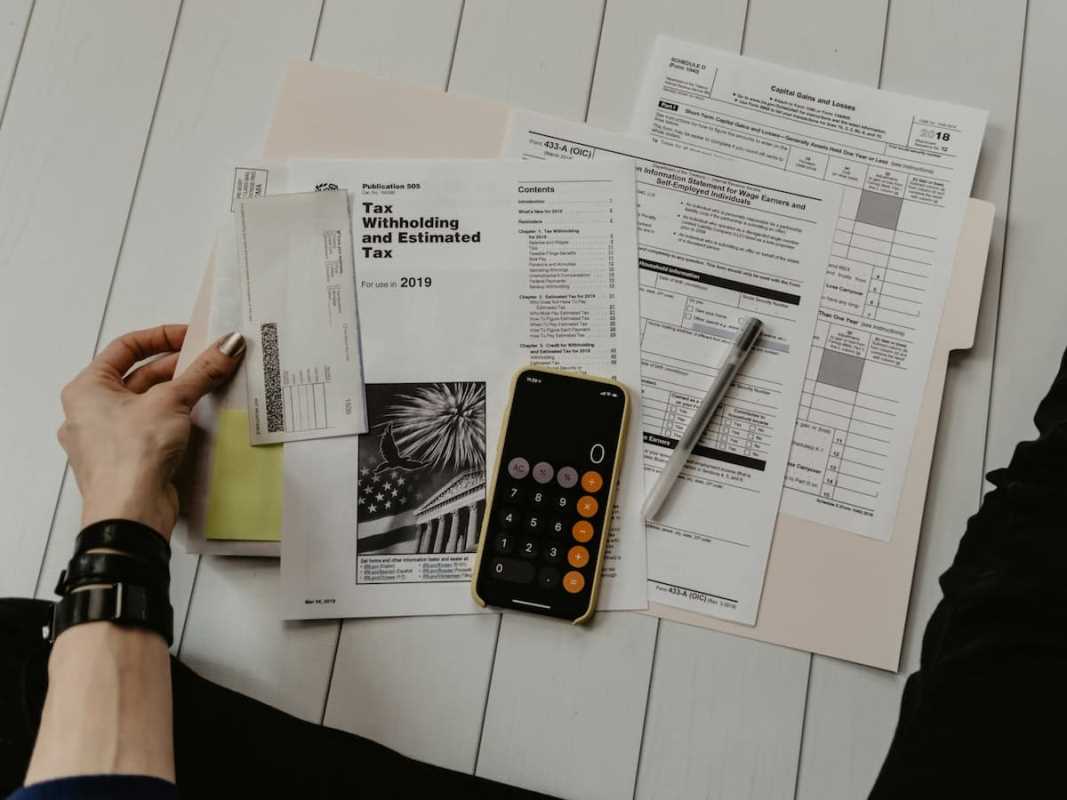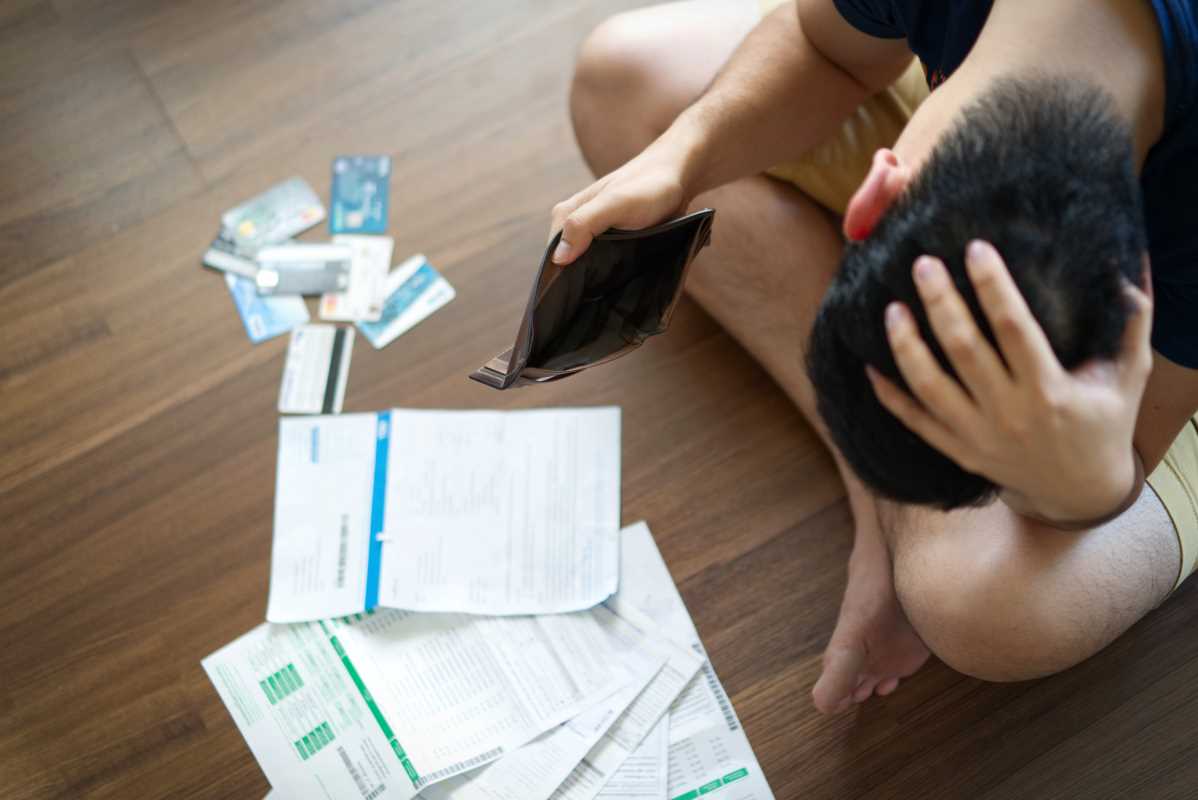Paying off debt can feel overwhelming, but with a clear plan and disciplined strategies, it is entirely achievable. Tackling debt requires both short-term adjustments and long-term commitment, but with the right approach, you can reduce what you owe and ultimately reach financial freedom. Here are some effective tips to help you successfully pay down your debt:
1. Debt Assessment: Start with Clarity
The first step in paying down debt is to get a clear picture of your financial obligations. This means gathering all relevant information about your debts, such as the total amount owed, interest rates, and minimum monthly payments for each account. Make a comprehensive list that includes credit card balances, student loans, car loans, and any other outstanding obligations.
Once you have a full overview, you can begin to prioritize which debts to tackle first. Many people choose to focus on paying off high-interest debt, such as credit cards, since interest can quickly accumulate and significantly increase the overall amount you owe. Others prefer to focus on paying off the smallest debts first for a psychological boost (more on that in the next section). Having a clear assessment of your debt will help guide your strategy.
2. Budgeting: Free Up Money for Debt Repayment
Budgeting is essential for successful debt repayment. Start by tracking your monthly income and expenses. Identify areas where you can cut back to free up more money for paying down debt. For example, you may find that you are spending more than you realized on dining out, entertainment, or subscription services.
Once you’ve identified areas to cut back, allocate a specific portion of your monthly budget toward debt repayment. Being intentional with your budget ensures that you consistently contribute toward reducing your debt. Regularly reviewing and adjusting your budget will also help you stay on track as your financial situation changes.
3. Snowball Method: Small Wins Build Momentum
The snowball method is a popular approach to paying off debt because it provides a sense of accomplishment and momentum. This method involves focusing on paying off your smallest debt first while continuing to make minimum payments on your other debts. Once the smallest debt is paid off, you take the money you were putting toward that debt and apply it to the next smallest one.
With each debt you eliminate, you’ll feel more motivated and empowered to continue. This method can be especially effective for those who thrive on seeing measurable progress and want to stay motivated throughout the debt repayment journey.
4. Debt Consolidation: Simplify Payments
Debt consolidation can be a helpful tool for managing multiple debts, especially if you’re dealing with high-interest accounts. By consolidating your debts into a single loan with a lower interest rate, you can streamline your payments and potentially reduce the amount of interest you’ll pay over time. Consolidating your debts can also simplify your finances by reducing the number of bills you need to keep track of each month.
However, it’s important to avoid accruing more debt after consolidation. The goal is to make debt more manageable, not to create new obligations.
5. Lifestyle Changes: Sacrifices Lead to Gains
Temporary lifestyle changes can make a big difference in how quickly you pay off your debt. For example, cutting back on discretionary spending—such as dining out, shopping for non-essential items, or paying for entertainment subscriptions—can free up extra money to put toward debt repayment. These small sacrifices can accelerate the debt payoff process, helping you achieve financial freedom sooner.
While lifestyle changes may feel restrictive at first, they don’t need to be permanent. Once you’ve paid off your debt, you can reevaluate your spending habits and reward yourself with more financial flexibility.
6. Emergency Fund: Stay Protected
Although it might seem counterintuitive, building a small emergency fund is crucial even when you’re focused on paying off debt. Unexpected expenses, such as car repairs or medical bills, can arise at any time. Without an emergency fund, you might have to rely on credit cards or loans to cover these costs, which can set you back in your debt repayment efforts.
Aim to save a small portion of your income each month for an emergency fund, even if it’s just a modest amount. Having a financial safety net will help you avoid accruing new debt in the face of unforeseen expenses.
7. Tracking Progress: Celebrate Milestones
Tracking your progress is key to staying motivated. Regularly monitor how much you’ve paid off and how close you are to reaching your debt-free goal. Break down your repayment journey into smaller, achievable milestones and celebrate when you reach them. Whether it’s paying off your first credit card or reducing your overall debt by a certain percentage, acknowledging your progress can boost your morale and keep you focused on the bigger picture.
Paying off debt takes time, but by implementing these strategies—such as debt assessment, budgeting, the snowball method, and making lifestyle changes—you can effectively reduce your debt and work toward financial freedom. Remember that consistency and commitment are key. With each payment you make, you’re taking one step closer to a more secure financial future.







